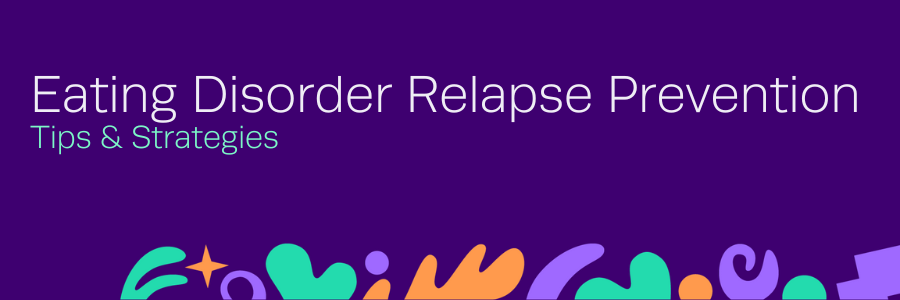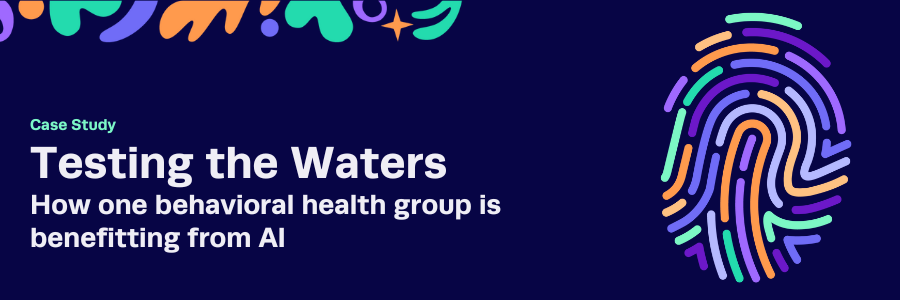Addiction to drugs and alcohol has reached the levels of an epidemic in the United States. Millions struggle with substance abuse, and many will never seek treatment. In other countries, societal views of drug use and addiction have led to very different outcomes.
The United States and the industrialized nations of Europe have vastly differing views on the nature of addiction and how their societies should deal with it. Germany provides one of the starkest contrasts to the U.S. has dealt with opioid addiction.
Opioid Addiction in Germany
During the “opioid explosion” decade, Germany’s addiction rates remained flat. Experts have looked closely at the two countries’ distinct views of pain, pain management standards, and policy approaches to health care and substance abuse treatment. And while they cite many societal factors, the single decision that seems to have averted an opioid crisis in their country is this: In Germany, physicians prescribe opioids when–and only when–other drugs don’t work. Unlike the United States, where opioids are commonly dispensed after surgeries and medical procedures, opioids have never emerged as a “front-line” medical treatment in Germany. This has worked to significantly reduce rates of addiction, leading to fewer overdoses.
“Among the most important reasons that we do not face a similar opioid crisis seems to be a more responsible and restrained practice of prescription,” said Dr. Peter Raiser, deputy managing director at the German Center for Addiction Issues. Germany’s universal health insurance system covers and encourages alternative treatments, which doctors are required to try first, long before considering opioids. Moreover, physicians must seek special permission and perform a screening before any patient is prescribed an opioid in order to be certain they are not at risk to become addicted. Thus, there isn’t the “free-flow” of opioids seen in the United States.
Fewer Prescriptions and Fewer Overdoses
German health officials attribute to these practices the reduction in the country’s drug-induced mortality rate. To be sure, the U.S. and Germany (along with the rest of Europe and the world) are experiencing the heartbreak of addiction and all too often, death. But the differences revealed by studying the German model are in the reaction to the disease–and in the German health system itself. The German national system emphasizes primary care and keeps any cost-sharing low, which means that individuals prescribed opioids are more likely to keep scheduled physician visits and can be closely monitored for signs of dependence.
Helping Addicts Survive
Addiction is still a major concern for German leaders. But they will point out that even when German citizens become addicted, they are far less likely to die as a result. Thanks to a generous German health system, treatment is available and easy to obtain. In the United States, appropriate treatment may be difficult to find and expensive without a health plan that covers it.
MAT, “Harm-Reduction” and Safe-Injection Sites
Germany differs from countries like Scotland and Canada, for example, by treating addiction with the controversial practices of medication and harm reduction approaches. One of the most commonly accepted approaches involves supervised, safe-injection sites.
Dr. Andres Roman-Urrestarazu, a researcher at the University of Cambridge who studies addiction in the global context, said, “We know that harm reduction works in terms of dealing with the problem of mortality,” and added, “Germany’s success with its multi-pronged approach illustrates that addiction is a more complex problem than the American response has acknowledged.”
Would America benefit from adopting Germany’s response to the opioid crisis? Before it would be possible to adopt these measures, significant policy changes would need to occur. As long as opioids are prescribed commonly, the crisis will continue. Contact Kipu Health at 561.349.5901 for more information about our healthcare billing software.



